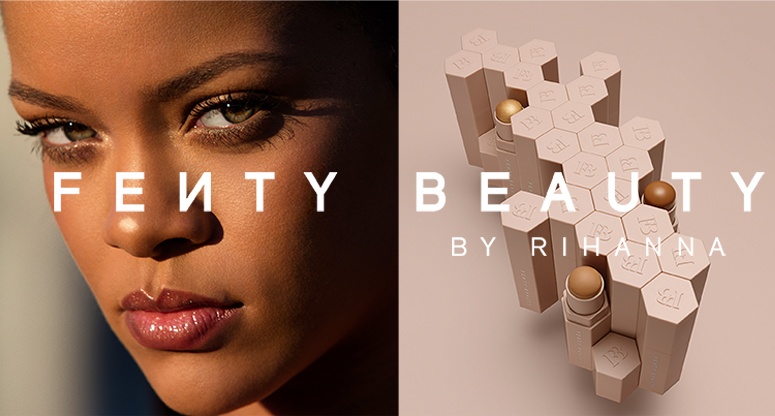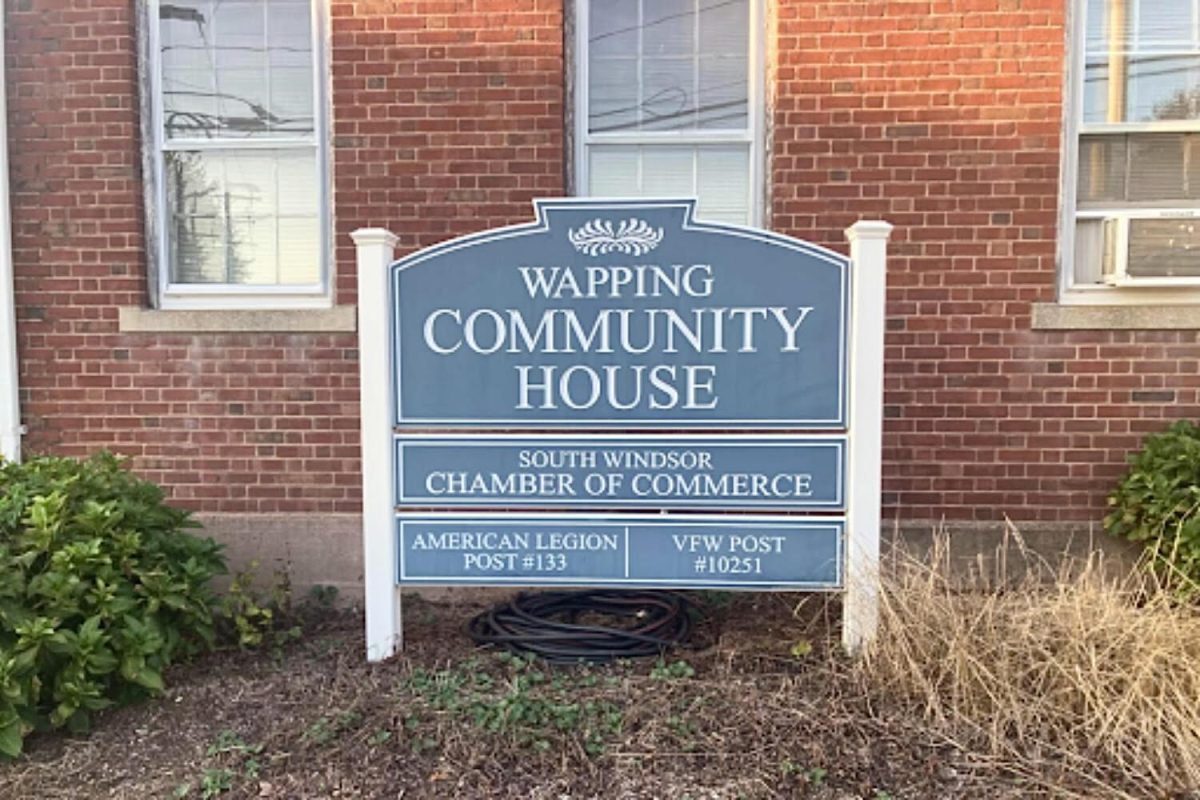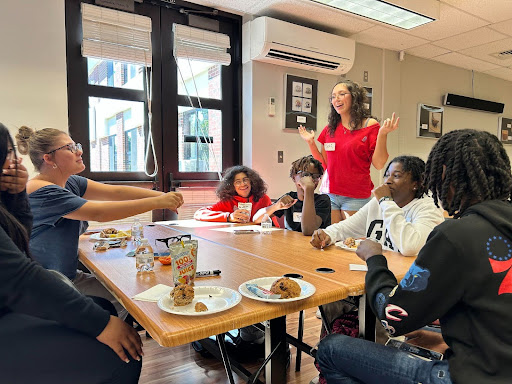Fenty Beauty
October 17, 2017
Released back in September of this year, Rihanna’s new beauty line has continuously made waves throughout the beauty community. Her unheard of 40 shade range foundation line shocked beauty brands and promptly sold out of world wide.
For years there has been a lack of recognition and diversity in makeup campaigns and shade ranges. While other makeup brands have just really begun to expand their color choices, Rihanna’s celebration of the palest to darkest skin tones is a very new concept for big makeup brands. One of the models from Fenty’s campaign, Nneoma Anosike, perfectly summed up the importance of diversity while thanking Fenty beauty saying, “The beauty world for people of color has welcomed yet another brand that goes into understanding that we melanins have different undertones and shades- not just 3 but multiple! We have amazing brands representing us, yes, but not enough.” With all of the buzz, Fenty appears to be a great success, but just how much does the shade range mean to consumers?
For the makeup community Fenty Beauty’s success is almost a slap in the face. Many companies have shifted the blame when accused of a lack of diversity, making up the excuse that darker colors would not sell well.
Rihanna quickly shut down this assumption with the darkest four shades of her foundation selling out online and worldwide before any other product. Speaking to Refinery29, the singer said, “I wanted things that I love, Then I also wanted things that girls of all skin tones could fall in love with. In every product I was like, ‘There needs to be something for a dark-skinned girl; there needs to be something for a really pale girl; there needs to be something in-between.” Ms. Fenty has brought a new age of awareness and appreciation for more than just the stereotypical person represented in media and by other makeup lines.
The promotional images for the campaign added unprecedented diversity in comparison to other campaigns this fall. Featuring models such as, Paloma Elsesser, Duckie Thot, Slick Woods, Halima Aden and Leomie Anderson, Fenty had more models of color than white models, a rare occurrence. Rihanna did not rely on her name for the success of her brand, but instead addressed an industry problem that affected women such as herself. As popular blogger Afrobella, Patrice Grell Yursik, says, “After Fenty Beauty, there are no valid excuses anymore—(speaking to a lack of diversity in makeup) they’ve been taken away.”













Malik Osumah • Nov 7, 2017 at 4:38 pm
Great piece!